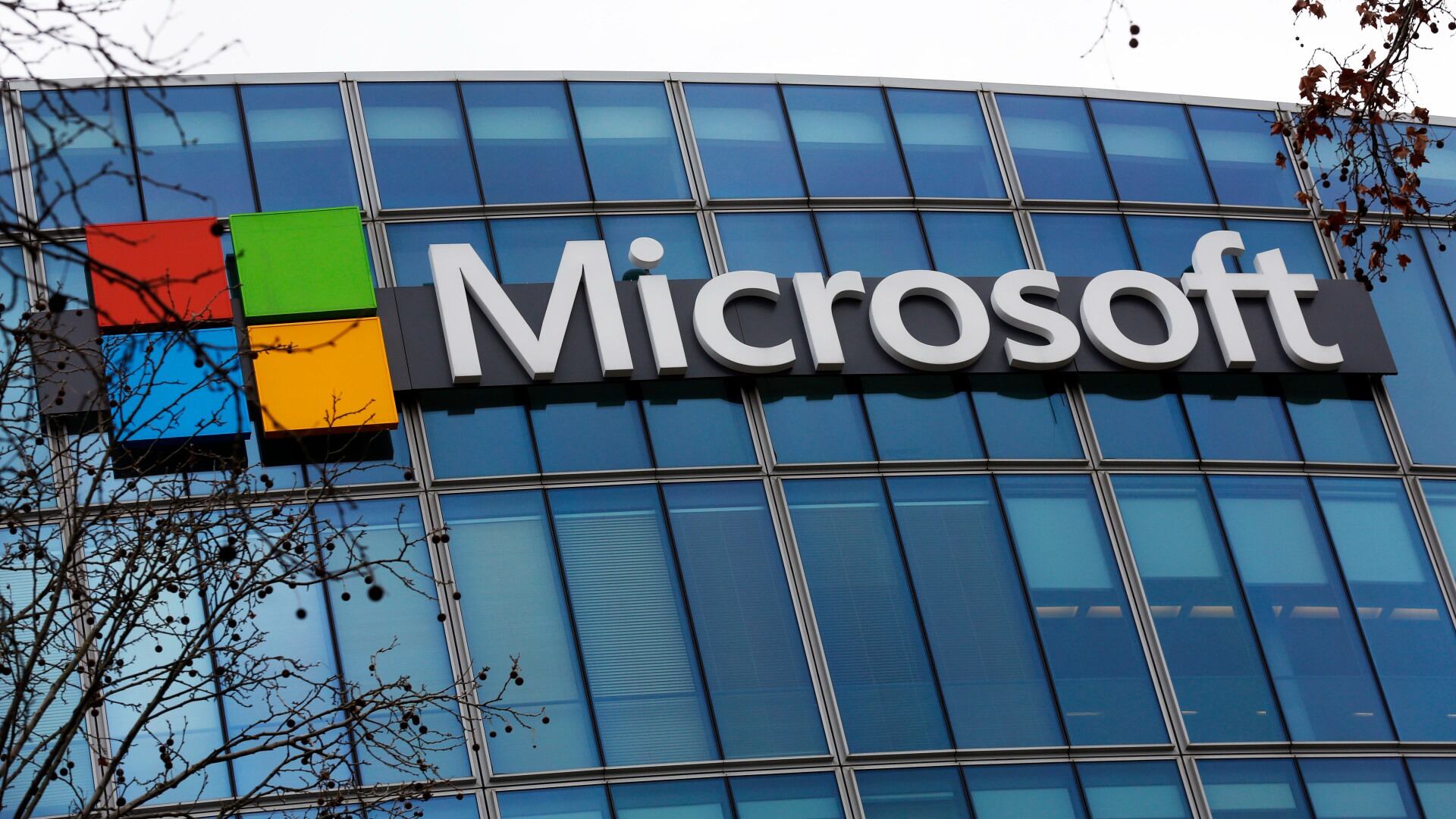Facebook could use blockchain technology to overhaul its business model, giving users more control over how their data is used, said Joseph Lubin, the founder of the crypto platform Ethereum. Using a decentralized ledger would allow Facebook users to “store their own personal data in encrypted form” and decide which companies have access to their information, Lubin said. Giving users more control over their information could increase the quality of Facebook's data. “If you know that this data is protected well, you can put it on data markets and Facebook can potentially participate in those sorts of data markets,” Lubin said Monday in an interview with Cheddar. A new Ethereum-based system, uPort, is already providing this service. Users can store all of their data in a secure "wallet" that can be used to log in to other apps and make digital transactions. Last week, Cheddar [reported](https://cheddar.com/videos/facebook-plans-to-create-its-own-cryptocurrency) that Facebook may be building its own cryptocurrency, part of the social media company's exploration of how to use blockchain technology. For the full interview, [click here](https://cheddar.com/videos/ethereum-co-founder-joseph-lubin-2).












